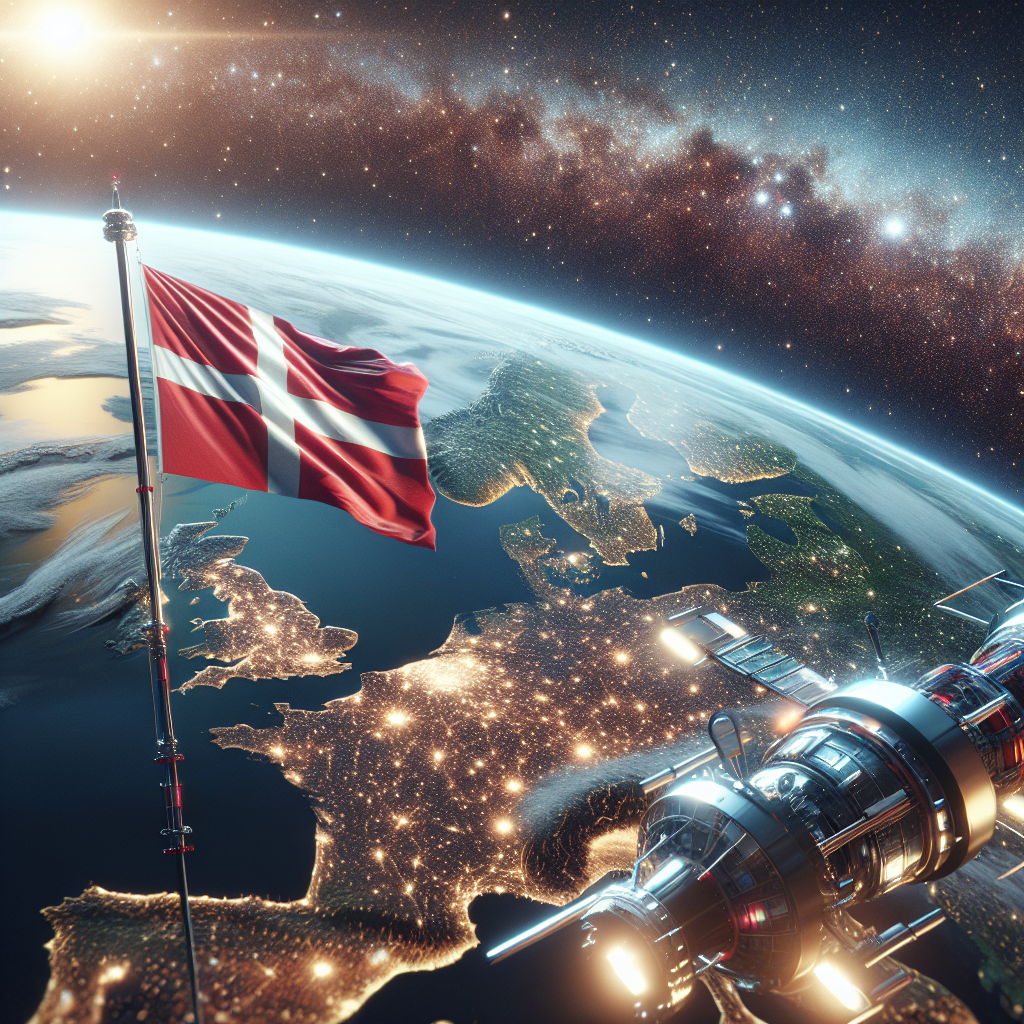The Danish Space Industry: A Rising Star
As a researcher with a deep interest in macroeconomic policies in Nordic countries, I have always been fascinated by the economic dynamics of Denmark. In recent years, the Danish space industry has been emerging as a key player in the global space market, and its growth is a testament to the country’s commitment to innovation and technological advancement.
The Evolution of the Danish Space Industry
The Danish space industry has come a long way since its inception. In the early days, Denmark’s involvement in space activities was primarily focused on research and development, with the launch of the first Danish satellite, Ørsted, in 1999 marking a significant milestone. However, over the years, the industry has expanded its horizons and diversified its activities to encompass a wide range of capabilities, including satellite manufacturing, earth observation, and space exploration.
The Role of Public and Private Sector
One of the key driving forces behind the growth of the Danish space industry has been the collaboration between the public and private sectors. The Danish government has been proactive in providing support and funding for space-related initiatives, while private companies have invested heavily in research and development to develop cutting-edge technologies. This synergy has not only accelerated the growth of the industry but has also positioned Denmark as a competitive player in the global space market.
- Public sector: The Danish Ministry of Higher Education and Science has played a pivotal role in shaping the country’s space policy and has allocated significant resources to support space research and innovation.
- Private sector: Companies such as GomSpace, a leading Danish manufacturer of nanosatellites, have been at the forefront of driving technological innovation and commercializing space activities.
The Economic Impact
The expansion of the Danish space industry has brought about significant economic benefits for the country. It has led to the creation of high-skilled jobs, stimulated research and development, and contributed to the growth of related industries such as aerospace engineering and telecommunications. Additionally, Denmark’s participation in international space missions has bolstered its global reputation as a hub for space innovation.
Challenges and Opportunities
Despite its rapid growth, the Danish space industry faces a set of challenges that require careful navigation. One of the primary challenges is the need to sustain long-term investment in research and development to remain competitive in the global space market. Additionally, the industry must continue to foster collaboration with international partners and leverage opportunities for commercialization to maximize its economic potential.
The Road Ahead
Looking ahead, the Danish space industry is poised for continued growth and evolution. With the development of advanced technologies such as small satellites and space exploration missions, Denmark has the opportunity to carve out a unique niche in the space market. Furthermore, the country’s commitment to sustainability and environmental monitoring presents avenues for innovation in earth observation and climate research, which could further boost the industry’s economic significance.
In conclusion, the Danish space industry has emerged as a beacon of innovation and economic growth, with its dynamic collaboration between the public and private sectors driving its success. As Denmark continues to position itself as a key player in the global space market, the industry’s economic impact and potential for further growth are indeed promising. It is a testament to the country’s relentless pursuit of technological advancement and its ability to adapt to the challenges and opportunities of the 21st century economy.





